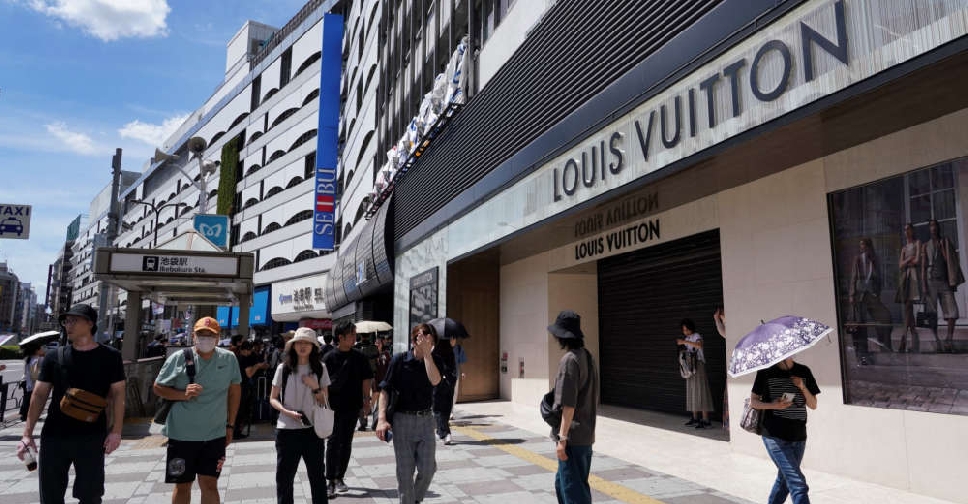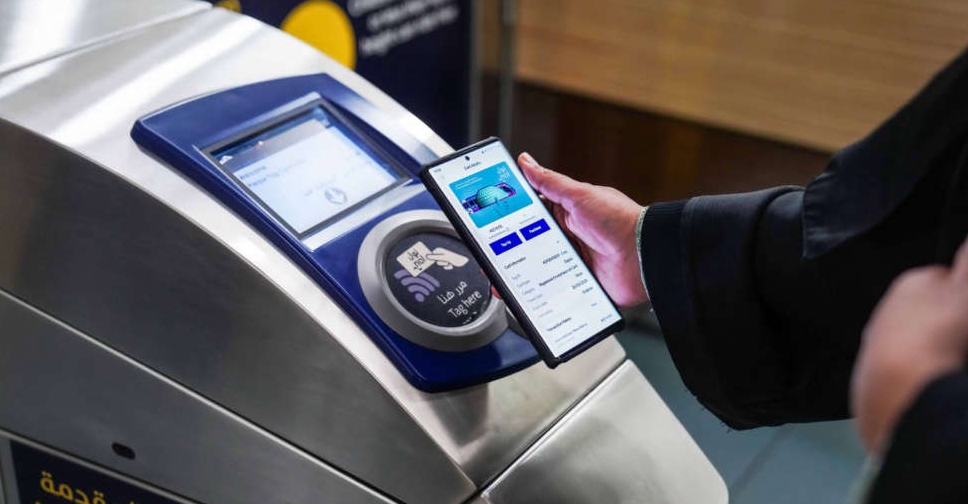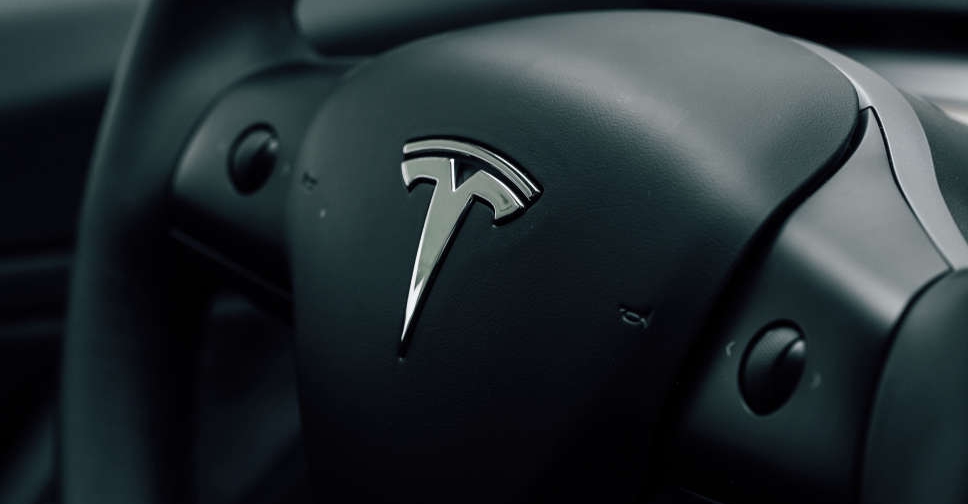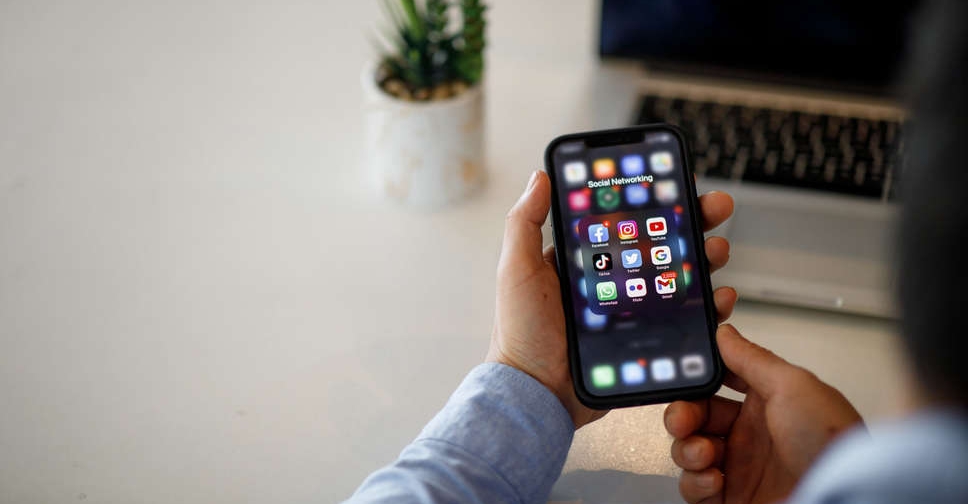
Tourists are flocking to Japan to scoop up high-end clothes and handbags at a discount thanks to the weak yen currency. Luxury goods companies like Louis Vuitton parent LVMH, would rather they stayed home and shopped.
The yen's sell-off - it hit a 38-year low against the dollar last month before recovering ground - has sparked an unprecedented tourist boom, drawing savvy shoppers from Asia and elsewhere.
Global luxury brands aren't cheering, because their goods, ranging from designer sneakers to whisky, now tend to be cheaper in dollar terms in Japan than elsewhere, denting profits.
Some tourists, especially Chinese, are holding off on buying designer goods at home and splurging in Japan. The yen's volatility means companies can't easily hike prices to accurately reflect the currency, leaving them stuck with lower margins in Japan - at least while the yen stays weak.
Zhang Lei, a 29-year-old DJ from the southern province of Hunan, was visiting Japan for the first time but said he already wanted to come again.
"It's cheaper," said Zhang, who carried two Louis Vuitton shopping bags and one from sportswear brand Onitsuka Tiger on a recent Saturday in Tokyo's high-end Ginza district.
Nearby, some 15 people queued up to enter the Louis Vuitton boutique, fanning themselves in the sweltering heat.
Zhang said his purchases so far included shoes and a bag. He planned to pick up a watch next, he said, pointing to his wrist as he repeated "Rolex".
The trend has taken French luxury giant LVMH, which also owns Dior and Fendi, by surprise.
"We really have a big shift of business from Asia into Japan," Chief Financial Officer Jean-Jacques Guiony told a recent earnings call. It was having a "deflationary" impact on LVMH's China business as customers held off on shopping at home, putting significant pressure on margins, he said.
He also mentioned the difficulty posed by currency volatility, as currencies can undo moves "pretty quickly". That was put in sharp relief this week as the yen surged after the Bank of Japan raised interest rates on Wednesday.
Louis Vuitton's popular Alma BB handbag goes for 14,800 yuan in China, the equivalent of $2,050. In Japan it sells for 279,400 yen, or $1,875. Last month it would have been available for as low as $1,725 when the yen was at its weakest.
The yen would have to strengthen to around 136 to the dollar to put the bag's Japanese price at parity with China. The currency was at 149.30 on Thursday, not far off its strongest in 4-1/2 months.

 RTA completes 40% nol digital payment system upgrade
RTA completes 40% nol digital payment system upgrade
 OpenAI and Musk agree to fast tracked trial over for-profit shift
OpenAI and Musk agree to fast tracked trial over for-profit shift
 Starship, carrying Tesla's bot, set for Mars by end-2026: Elon Musk
Starship, carrying Tesla's bot, set for Mars by end-2026: Elon Musk
 Tesla warns it could face retaliatory tariffs
Tesla warns it could face retaliatory tariffs
 Abu Dhabi Fund for Development launches luxury hotel project in Egypt
Abu Dhabi Fund for Development launches luxury hotel project in Egypt




